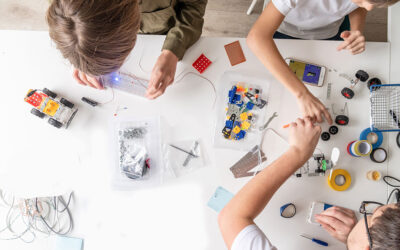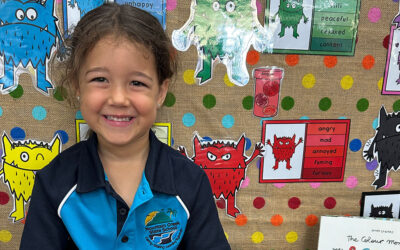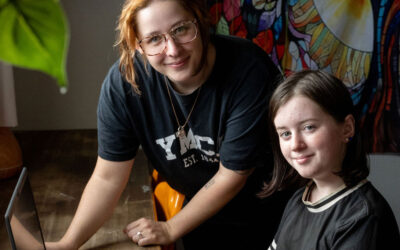As parents and caregivers, we all want what is best for our children. Yet, are the measures we put into place to keep our children happy always in their best interests?
The reality of life is that we are not always happy. We do not always win and, most certainly, things do not always go our way. Sometimes we inadvertently protect our young people from experiencing the ‘harder’ aspects of growing up, like disappointment, hurt, failure, frustration, sadness or fear.
Failure, a lack of success, is something all adults have experienced. It can feel uncomfortable or awkward, raising emotions of disappointment or regret. However, it also presents a valuable learning opportunity and help build resilience.
Children need to know it’s okay to make mistakes
Children need support to know it’s okay to feel sad, disappointed, frustrated, or any other emotion that might arise when they struggle to do something new. It’s essential for developing resilience and maximising a child’s learning potential. Being resilient means they have the ability to bounce back and try again.
A resilient child will often recover from challenges quicker. They will feel more empowered to manage other problems when they next arise.
Learning anything is a series of taking risks—learning how to stand up and walk; learning how to communicate; learning how to share (if I give it to them, will they give it back?); learning how to read; the list goes on. By supporting children through failure, not preventing it, we have an amazing opportunity to set our children up for success.
Here are 5 simple things you can do to help embrace failure and build resilience:
1. Model mistake making
In the earlier years, our kids think we are the greatest and we know everything (enjoy that because once they’re teenagers, we know nothing!). When you make a mistake, point it out. Don’t be afraid to say, ‘Oh dear, I made a mistake! I was supposed to…’ Letting your children understand that being ‘less than perfect’ is normal, puts them well on the way to becoming confident risk-takers in a learning environment.
2. Think out loud
Thinking out loud is such a valuable learning experience for your children. By vocalising your thoughts, you are showing them that every mistake is just a problem waiting to be fixed.
3. Invent solutions
This really means teaching your children how to navigate the options available. Share a few ideas on how the problem (or failure) could be fixed. Ask your child to help you when coming up with solutions—what do they think would be the best option? It’s also important to learn that not every problem can be fixed (for example, the death of a pet). But you can come up with solutions and model how to frame your thinking when this happens.
Related Reads
3 Things parents say help support learning for ADHD kids
Child can’t sit still? Why wriggling and jumping is good for their learning
4. Reflect on choices
After putting the solution into place, check in and see if the desired result has been achieved. It’s also an opportunity to model that maybe it’s not ‘exactly’ how you wanted things, but it’s the best you can do.
5. Repeat!
Doing these steps often, and obviously, with your children should help them develop skills to deal with the upsets of ‘real life’ and build their resilience in a supportive and constructive way. You will certainly nurture confident risk-takers and creative problem-solvers. That’s an unstoppable combination for success!
ABOUT THE AUTHOR
Katrina Riley is the Deputy Head of Primary School at Immanuel Lutheran College. She has more than 25 years teaching experience. She is an accredited Lead Teacher and has worked as a curriculum leader for many years in a variety of capacities.
Servicing Brisbane, Gold Coast, Sunshine Coast and beyond, Kids on the Coast is an online guide for parents with kids events, attractions & things to do with kids, schools and education, school holiday guides, health & wellbeing for families, parenting and lifestyle news located on Gold Coast, Sunshine Coast & Brisbane, QLD.


